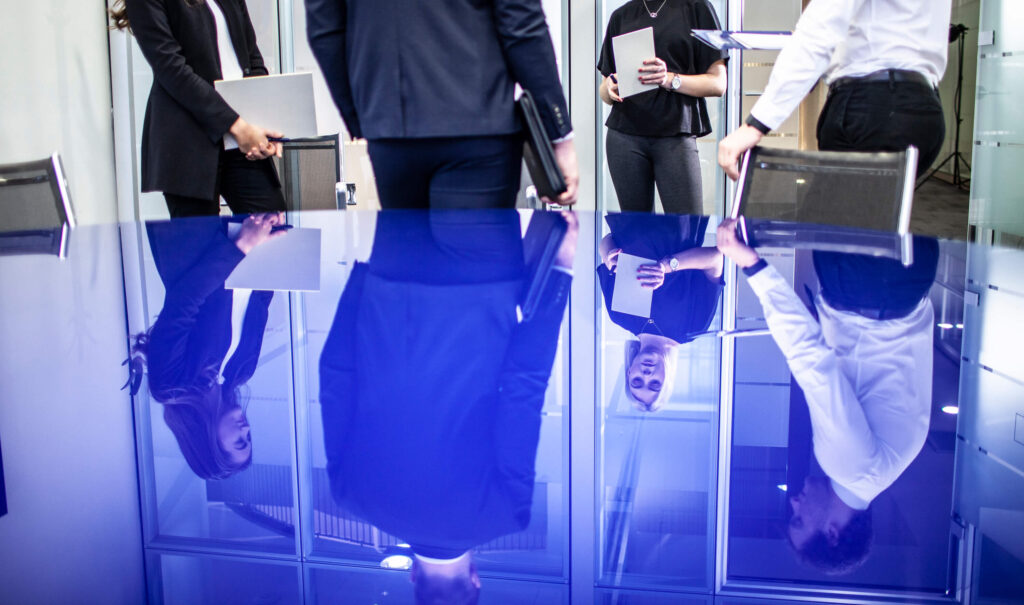Being trapped in a lift, no matter the duration, can leave lasting emotional and psychological scars. It’s an experience that disrupts a person’s sense of control and safety, potentially leading to significant psychiatric injuries. For personal injury claimants, understanding the process of pursuing compensation for such incidents is key. This guide provides crucial insights into psychiatric injury claims caused by lift entrapment, offering practical information and advice.
Understanding Psychiatric Injuries from Lift Incidents
Psychiatric injuries can result from traumatic experiences like being trapped in an elevator. These injuries often manifest as anxiety, panic attacks, depression, or even PTSD, affecting everyday activities, relationships, and overall quality of life.
Real-Life Case Example
One striking case involved a woman trapped in a shopping centre lift for just under five minutes. The High Court awarded her €25,060 after she developed depressive symptoms and traits of PTSD. Despite having a history of claustrophobia, the court recognised that the incident directly contributed to her psychiatric injuries.
This case highlights that even brief incidents can lead to significant trauma, and seeking legal advice in such situations is important.
Causes of Lift Accidents
Lift malfunctions usually result from negligence on the part of property owners, management companies, or lift manufacturers. Common issues leading to such incidents include:
- Faulty mechanisms or improper maintenance
- Defective alarm or intercom systems
- Electrical issues causing sudden stoppages or misaligned lifts
Property owners and other responsible parties must uphold their duty of care by performing regular maintenance and meeting health and safety standards. Failure to do so may result in liability for accidents and the mental health consequences faced by victims.
Steps to Take After Being Trapped in a Lift
If you experience being trapped in a lift, following these steps can protect your rights and build a strong foundation for your claim:
1. Seek Medical Attention
Even if initial symptoms seem minor, consult a doctor to document any potential injuries or psychiatric effects. Prompt medical evaluation ensures future symptoms are connected to the incident.
2. Report the Incident
Notify building management or lift operators immediately. Request that they preserve any CCTV footage of the incident, as it can serve as vital evidence later.
3. Gather Evidence
- Take photos of the lift and its conditions.
- Record the time and details of the incident.
- Collect witness information if others were present during the entrapment. These testimonies could support your claim.
4. Consult a Personal Injury Solicitor
Engage a solicitor who specialises in lift accident claims. They will handle legal intricacies, investigate liability, and ensure your claim adheres to legal protocols.
Legal Framework for Psychiatric Injury Claims
Understanding liability and the claims process is crucial if you decide to pursue compensation.
Duty of Care
Under occupiers’ liability law, property owners have a responsibility to ensure their premises, including lifts, are safe for use. This obligation includes regular maintenance and timely responses to malfunctions.
Other parties, such as lift manufacturers or maintenance providers, may also be held accountable under product liability or negligence laws if their faults contributed to the incident.
Common Outcomes of Compensation Claims
- General Damages cover pain, suffering, and the psychological impact of the incident.
- Special Damages compensate for measurable financial losses, such as medical bills, counselling expenses, or lost wages.
For example, in a different case, a 7-year-old boy trapped in a lift for 45 minutes experienced severe psychological trauma and was awarded €40,000 in damages.
Why Legal Support Matters
Navigating the claims process can feel overwhelming, particularly if you’re dealing with the emotional aftermath of the incident. A qualified solicitor can manage the details of your claim, from obtaining medical reports to negotiating with insurers or opposing parties.
Here’s how a solicitor can help you succeed:
- Identify liability and strengthen evidence
- Ensure deadlines under the two-year statute of limitations are met
- Advocate for maximum compensation on your behalf
Trusted firms like HOMS Assist bring decades of experience in personal injury claims and lift accident cases, ensuring empathetic yet professional support.
Moving Forward After a Lift Incident
Being trapped in a lift is more than a moment of discomfort—it can lead to profound and lasting effects on your mental health. If this has happened to you, know that you have options to seek justice and also recover compensation to support your healing process.
To explore your rights and start your claim, reach out to qualified solicitors specialising in lift accident cases. With their assistance, you can focus on recovery while they handle the rest.
If you’ve suffered psychiatric harm from a lift accident, don’t wait—stand up for your rights today.







